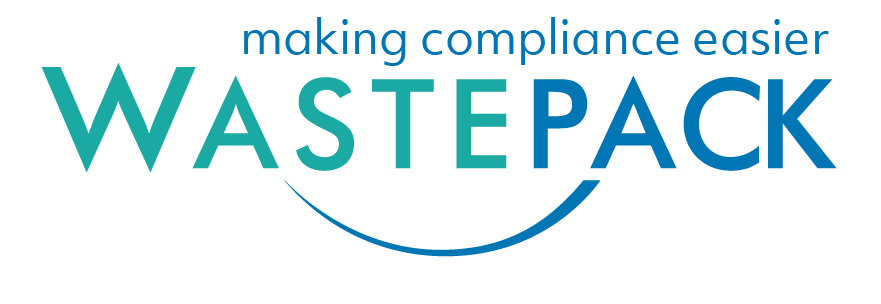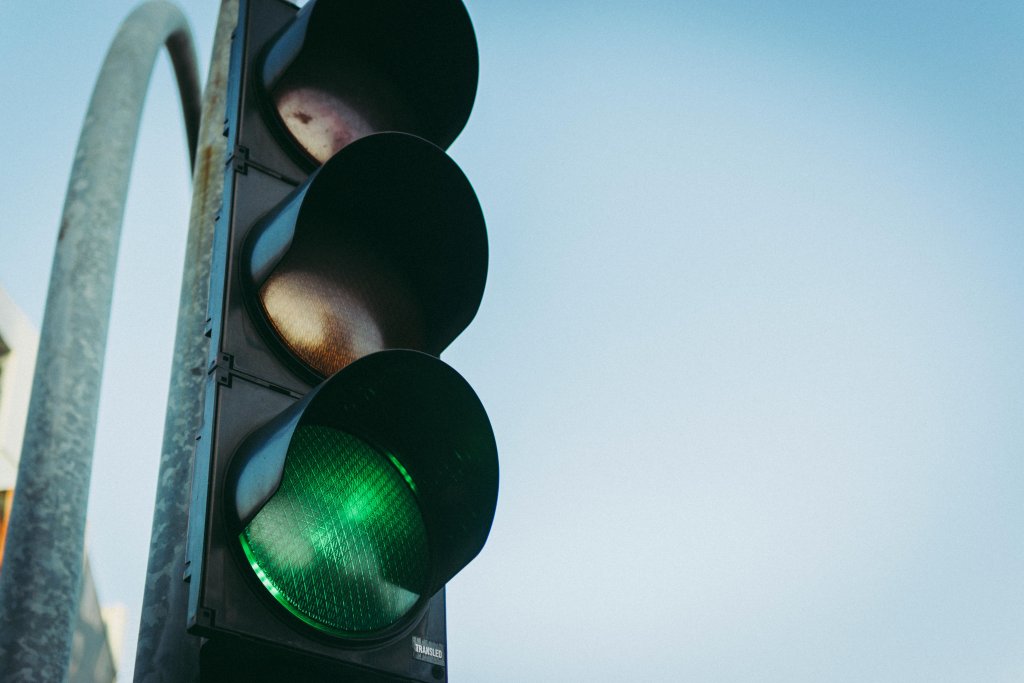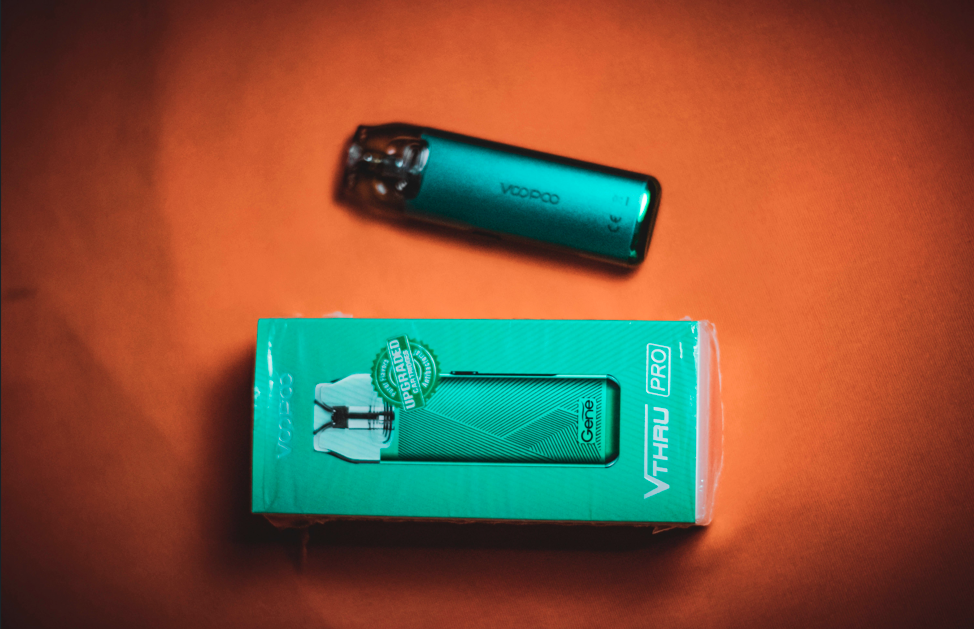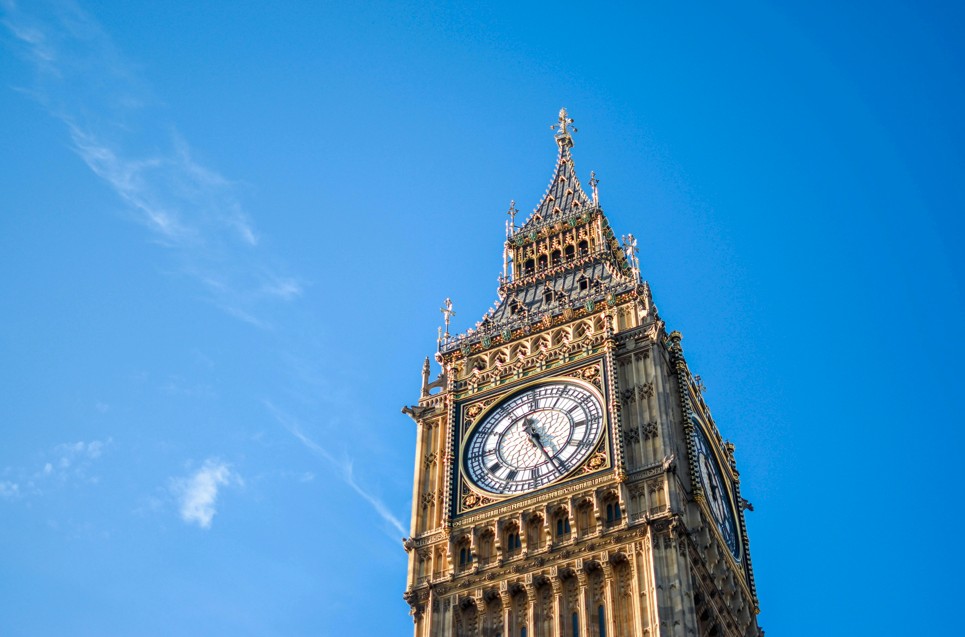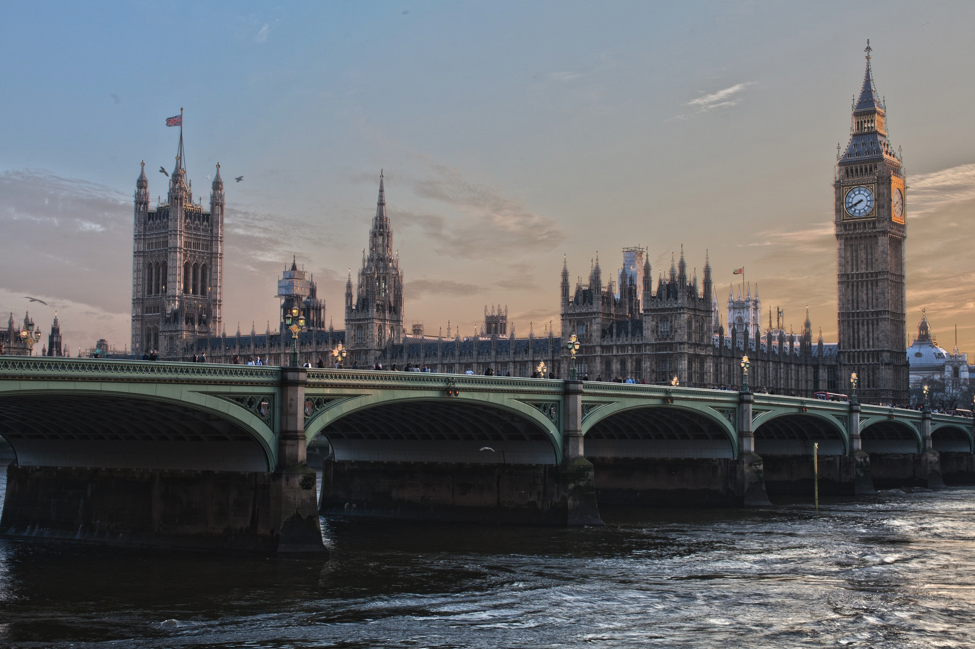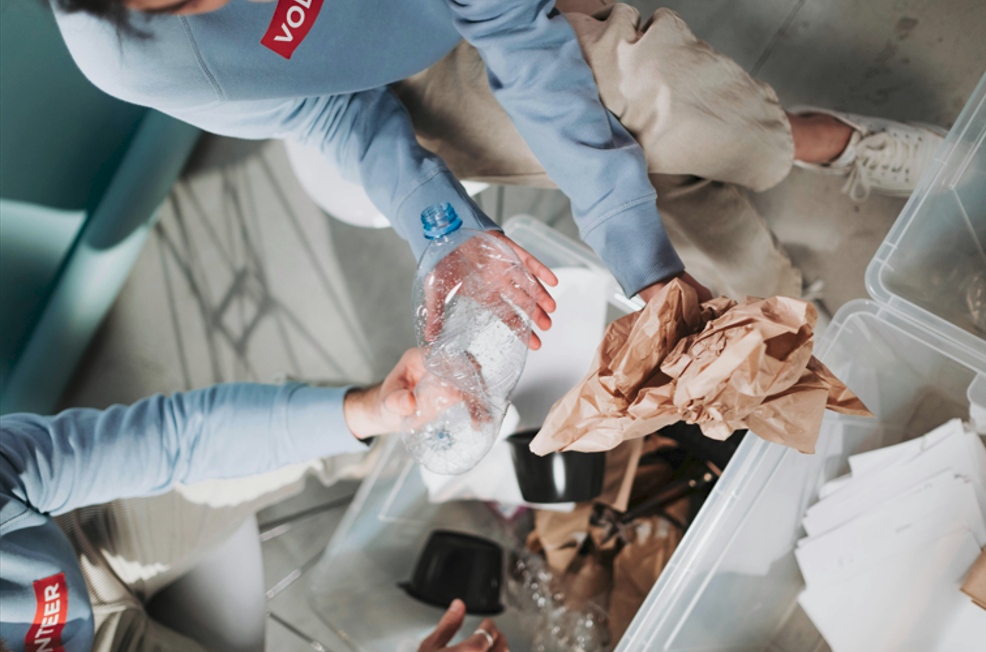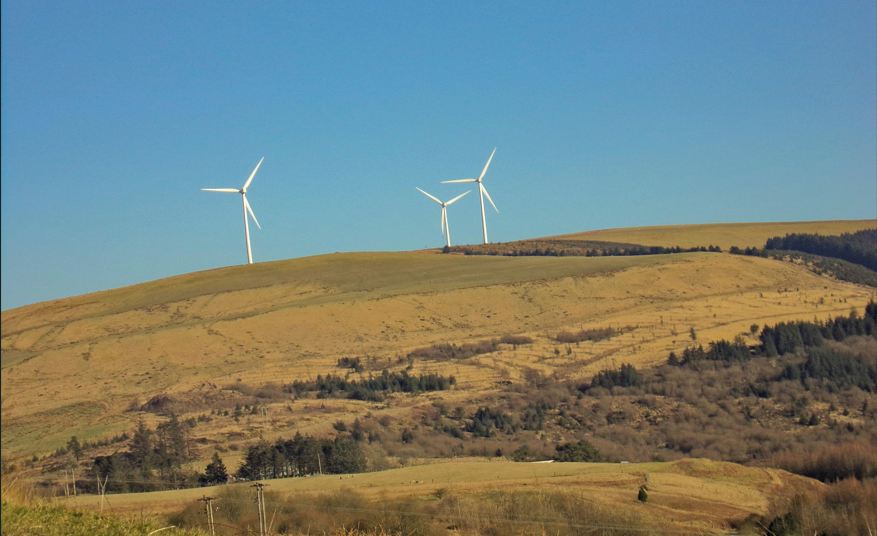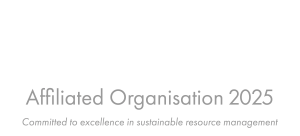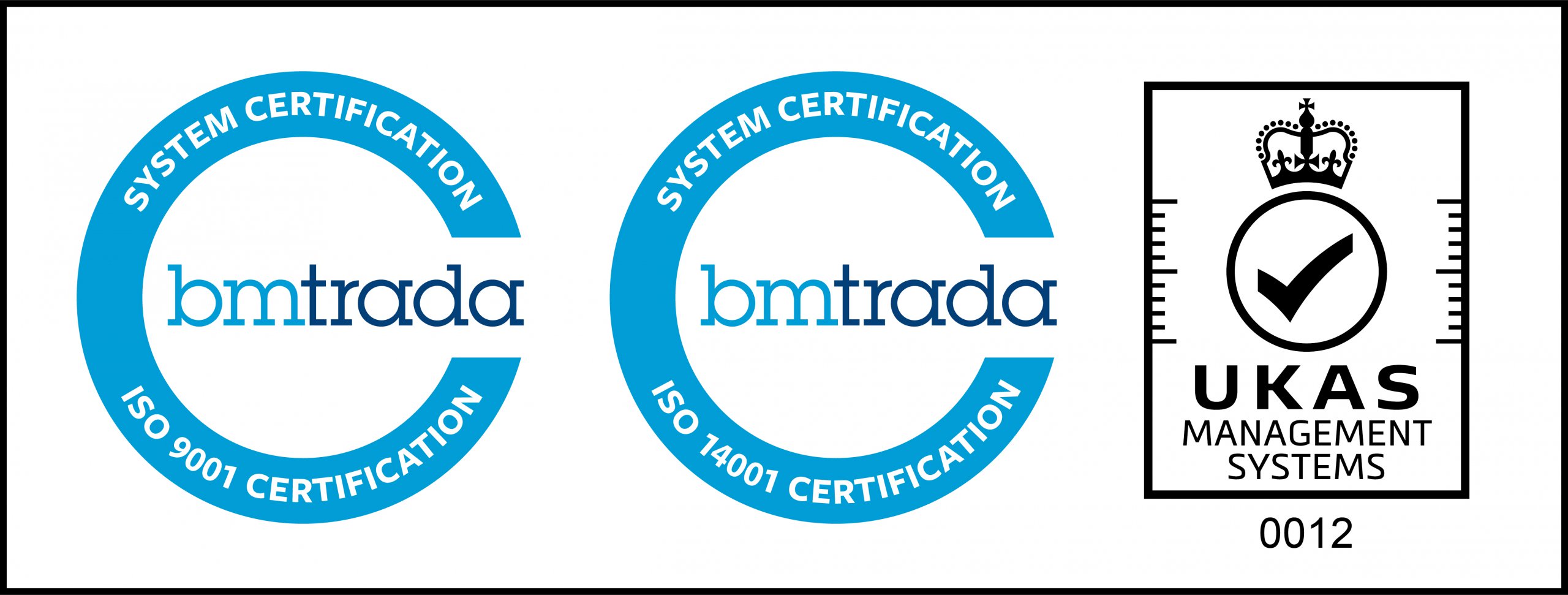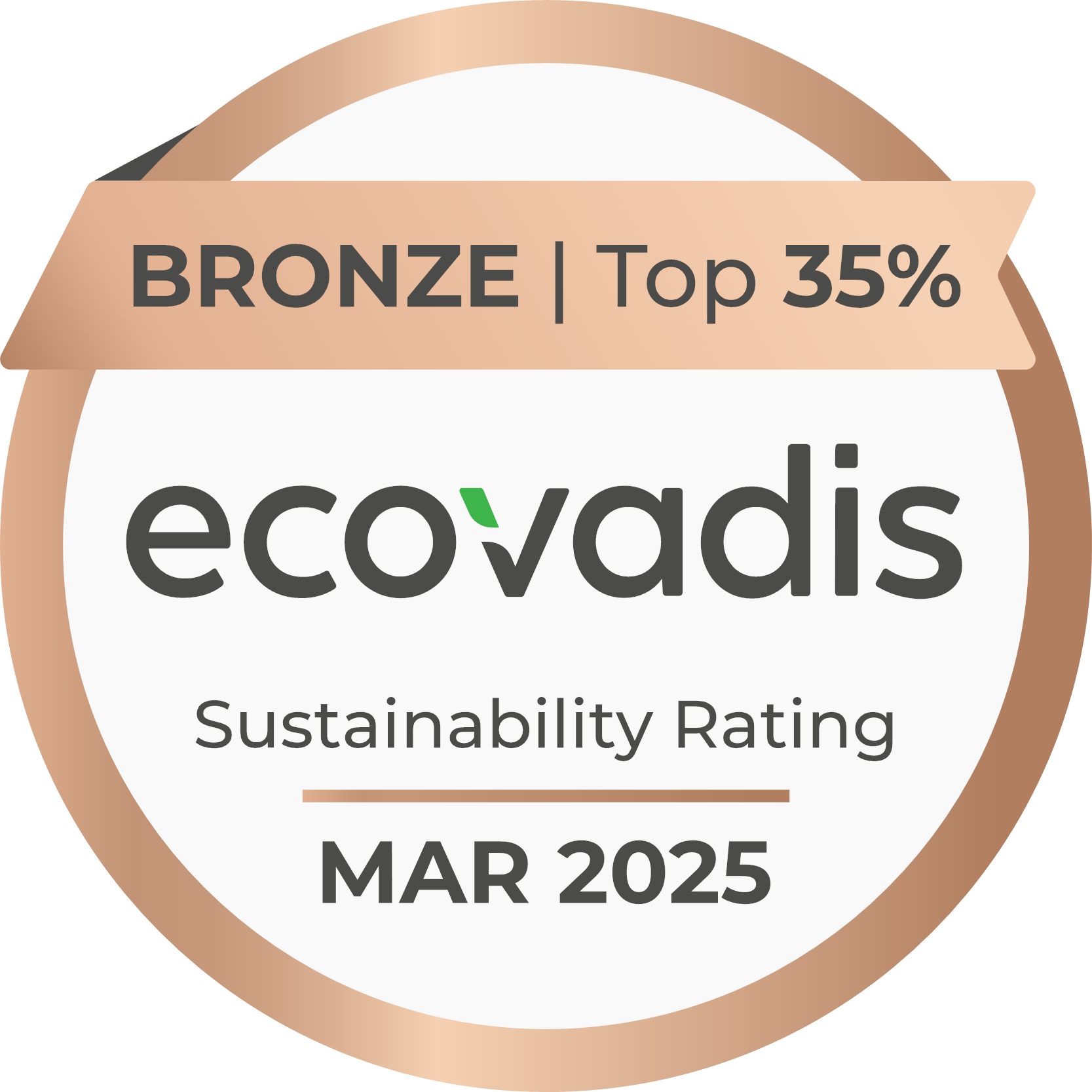Early 2020 saw OPRL launch new rules to govern their market-leading recycling labels, with aims to give consumers greater transparency on the final fate of the packaging they are disposing of. With Extended Producer Responsibility (EPR) reforms coming, it is hoped that the move will boost more sustainable packaging use as the new labels are applied over the next 3 years.
OPRL is an independent not-for-profit company which operates the UK-side On-Pack Recycling Label scheme used by over 420 companies and charities. Their labels are “recognised, understood and acted on by 3 in 4 consumers” according to research undertaken by Tangible for OPRL.
OPRL was established to help retailers and brands engage consumers in recycling, and opened their membership to the wider packaging chain, including compliance schemes such as Wastepack, in 2018. As a supporting member of OPRL we are delighted to see the strides being made.
OPRL’s comprehensive review drew together extensive data and evidence, including consultations and consumer testing. Commenting on the Review process Stuart Lendrum, Chair of the Steering Group and OPRL Ltd Board director, said “This has been the most inclusive, extensive and rigorous Review to date of our recycling labelling rules.” Stating that the results deliver on their commitment to provide consumers with clarity on the true recyclability of packaging.
The new rules have moved the majority of packaging items into a binary labelling system of “Recycle” or “Don’t Recycle”, although a handful of fully recyclable packaging types where collections fall between 50-75% of local authorities will retain the intermediary “Check Home Collections”.
Under the new Rules most packaging will be designated as:
Recycle – 75% or more of UK local authorities collect that type of packaging which is then effectively sorted, processed and sold as recyclate for use in new packaging or products.
Don’t Recycle – fewer than 50% of UK local authorities collect that type of packaging and/or it is not effectively sorted, processed or sold as recyclate for use in new packaging or products.
OPRL outlined the key labelling changes as:
- 3 polymer types move from Check Locally into Recycle
- NIR detectability determines whether some black plastics move from Check Locally to Recycle or Don’t Recycle
- 2 polymers widely collected but mainly landfilled or incinerated move from Check Locally to Don’t Recycle
- Coated paper and card quality tolerances immediately tighten up to a maximum of 15% plastic by weight for Recycle status and reduce further to 10% in January 2023, giving markets time to respond
- Coffee cups get a Specialist label to support in-store collections for recycling
Paula Chin, Materials Specialist at WWF, commented “Due to the visible impact of plastic pollution on our natural world, the UK public is increasingly interested in how their products are packaged. What to recycle and how to do that is vital – and these clear, evidence-based labels are part of the solution. Shoppers will now know which packaging is most sustainable and what to do when they’ve finished using it. This is key in ensuring we use our natural resources as efficiently as possible rather than just throwing them away.”
